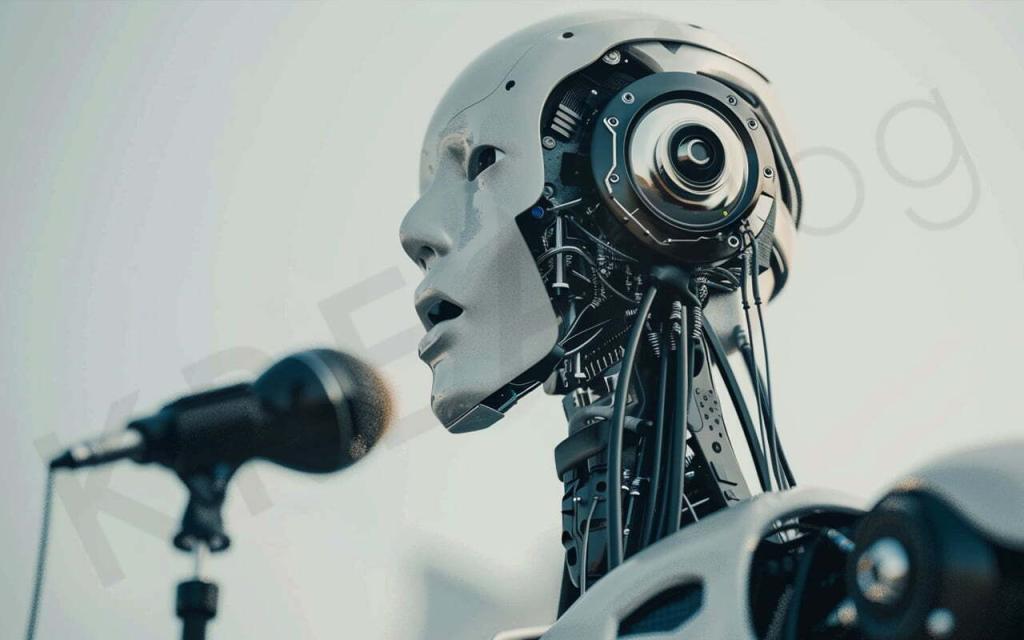Artificial Intelligence and Security
It is clear that the Voice Engine has the potential to revolutionize various fields. In particular, it has a wide range of uses, from helping people with reading difficulties to multilingual translation. However, the potential for misuse of this technology cannot be ignored. Today, deepfake technologies pose an increasing threat. Fake images and voices are becoming a potential weapon in the hands of cybercriminals and fraudsters. In this context, there is concern that a voice cloning tool like OpenAI’s Voice Engine could increase the risk of personal and financial information being stolen by malicious actors.
OpenAI is aware of these concerns and is being sensitive about rolling out Voice Engine with caution. That’s why the company has not yet made Voice Engine available. The company plans to roll out the voice cloning technology gradually and is constantly updating privacy and security measures, taking into account feedback from various industries. It is also introducing restrictions to allow users to clearly indicate that the voices produced are artificial, and using metadata techniques to help trace the source of the voices.

Voice Over with Artificial Intelligence Voice Engine
Despite all this, it is admirable that OpenAI is pushing the boundaries in the field of artificial intelligence by investing in innovative technologies such as Voice Engine. In particular, the steps to further advance these technologies in cooperation with Microsoft may contribute to the development of more secure and useful artificial intelligence applications in the future.
Voice cloning technologies, such as OpenAI’s Voice Engine, offer both great opportunities and serious risks. Careful management and use of these technologies will not only advance the field of artificial intelligence, but also protect user safety. You can listen to audio samples by clicking on the Voice Engine link.















